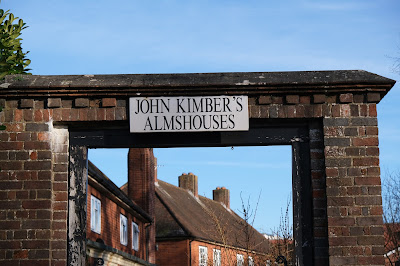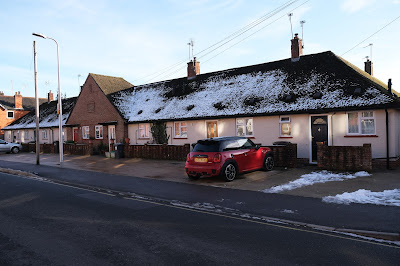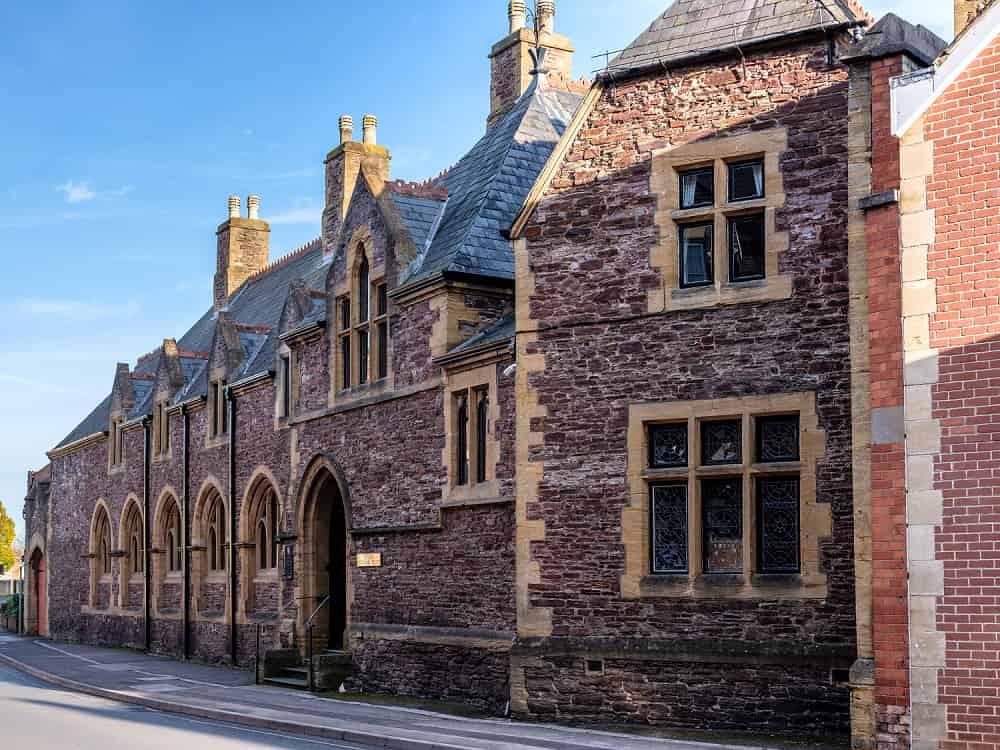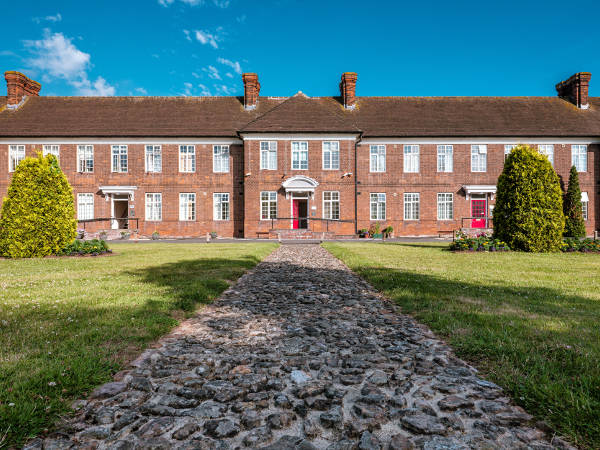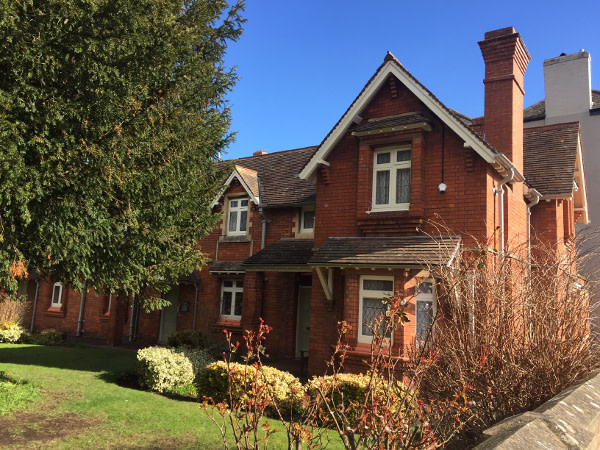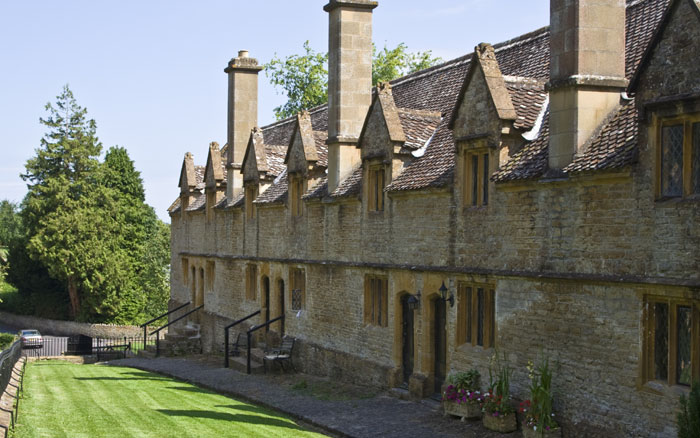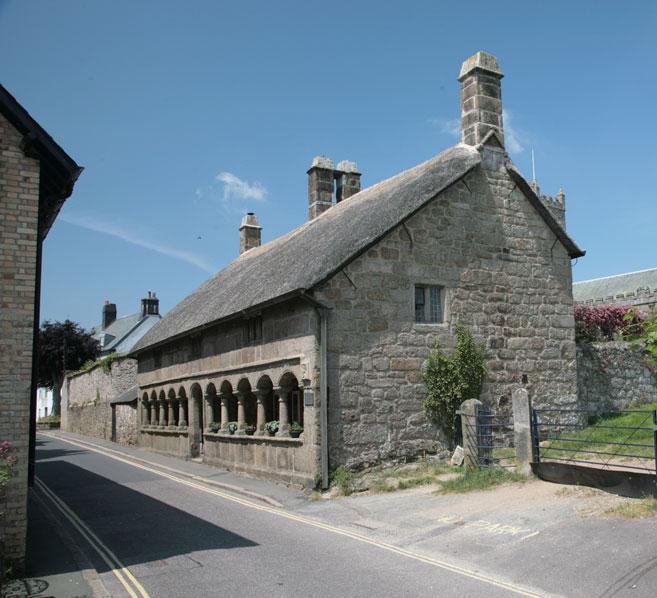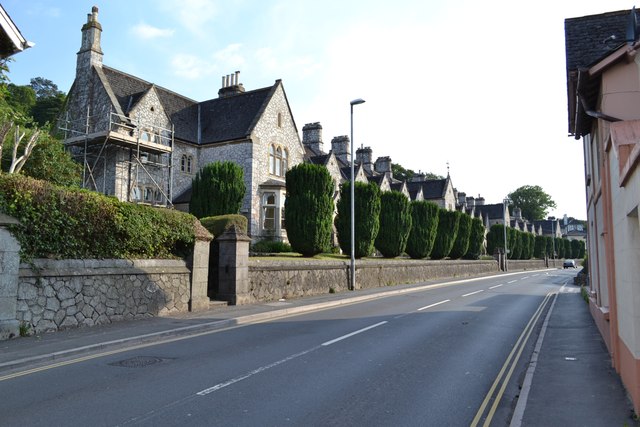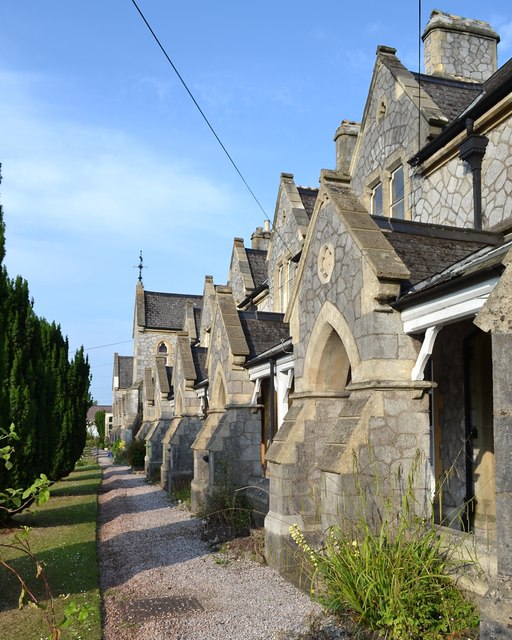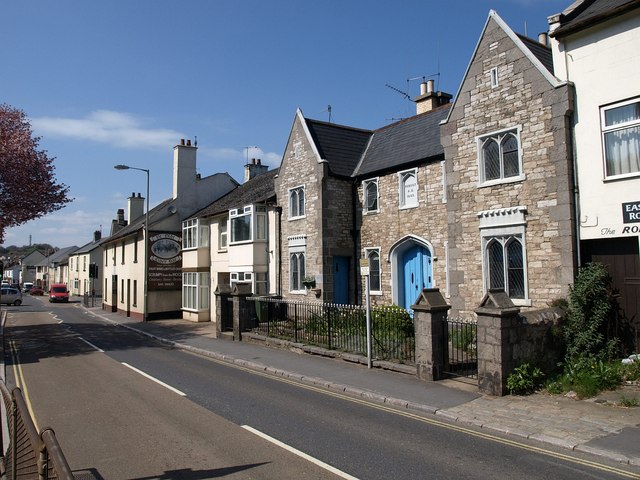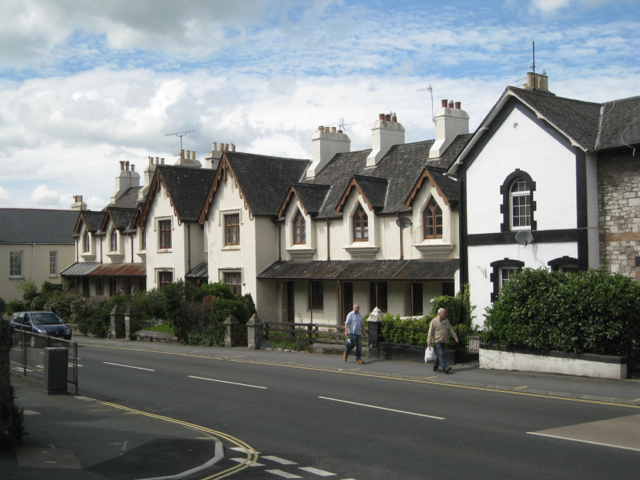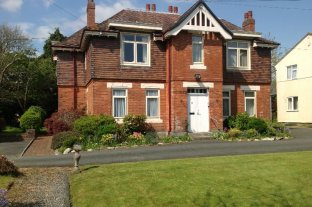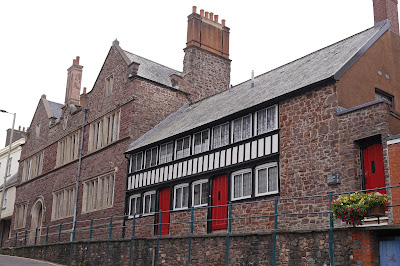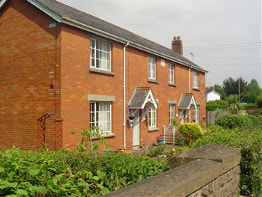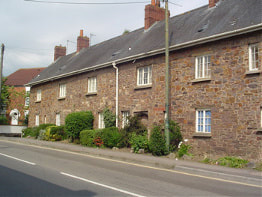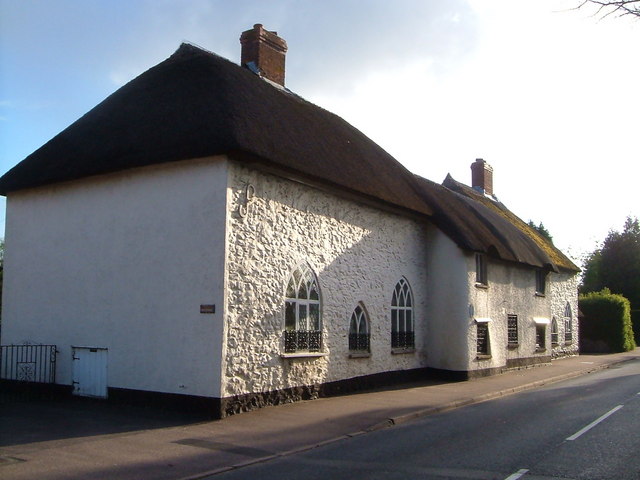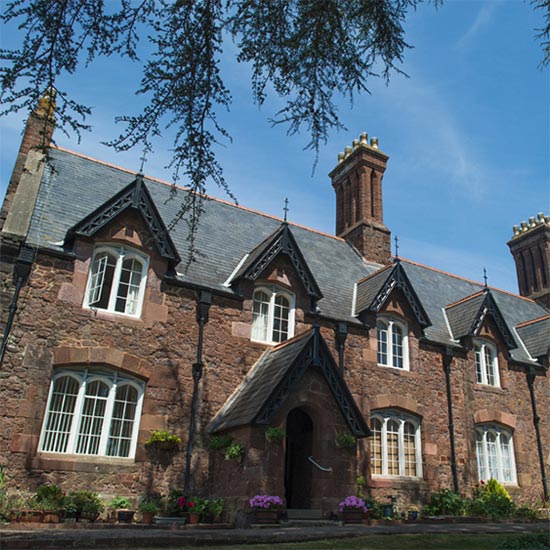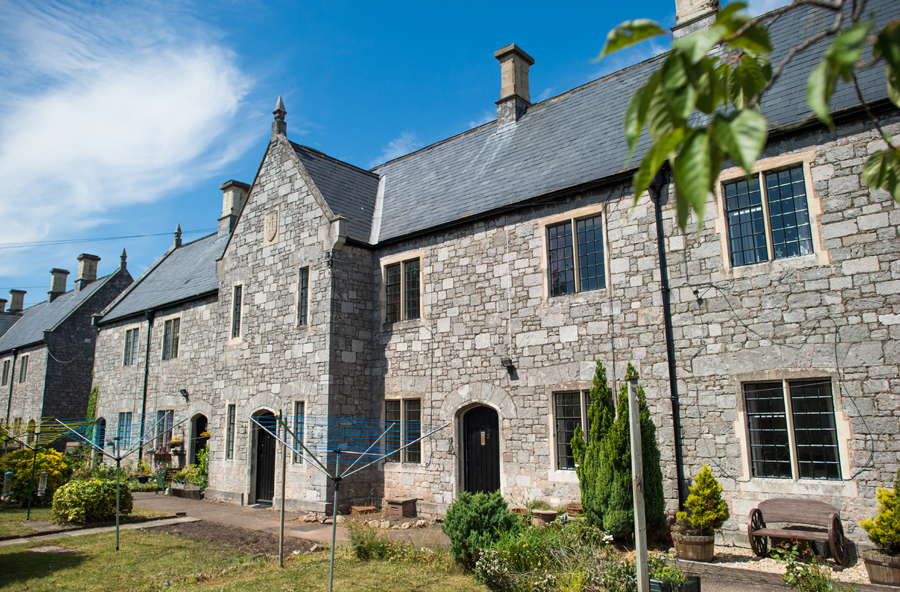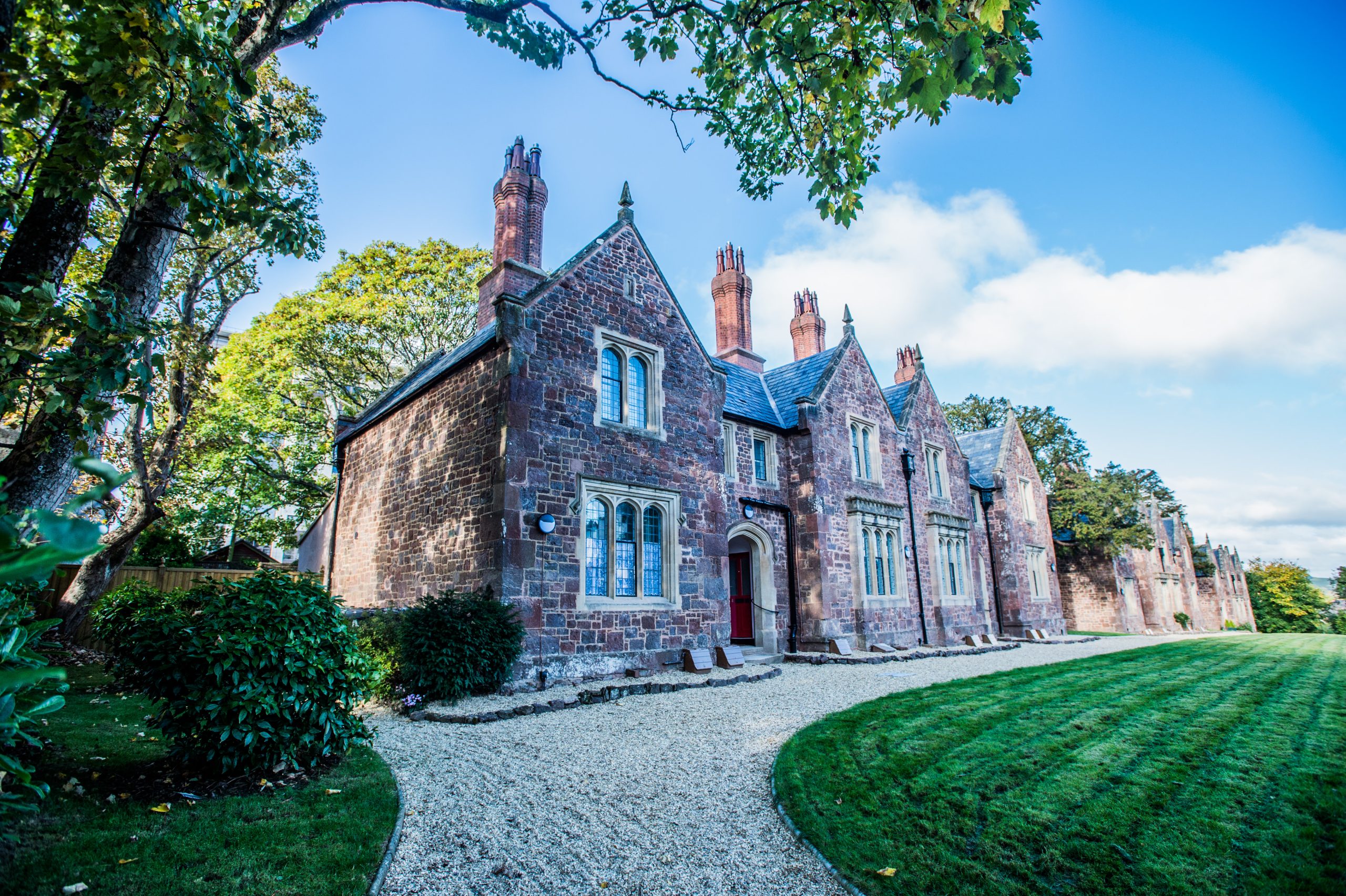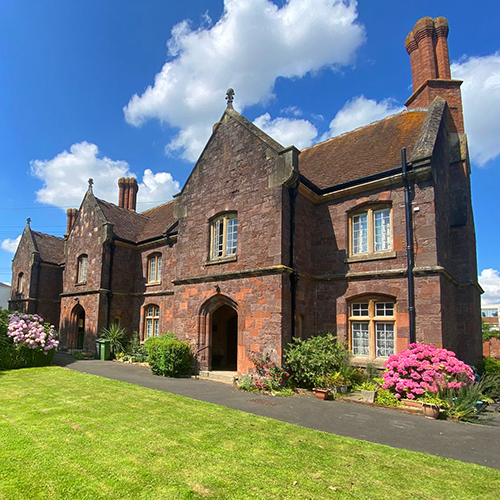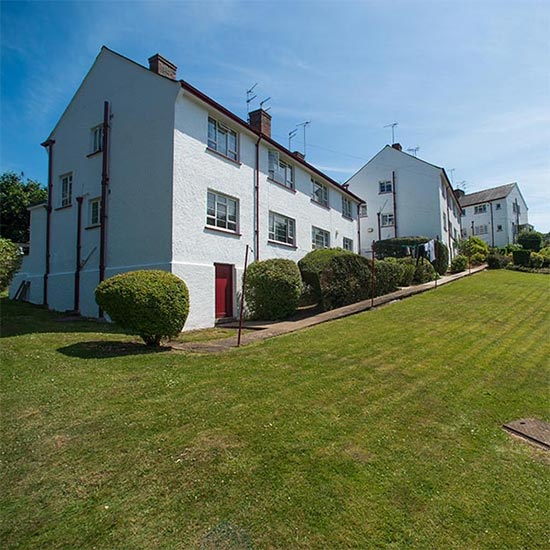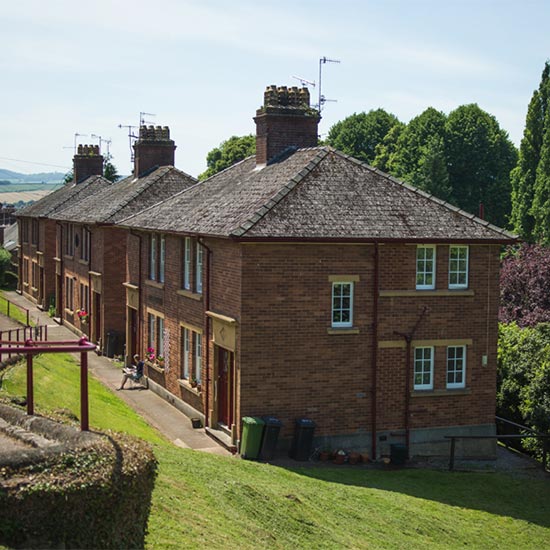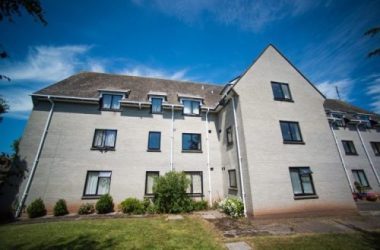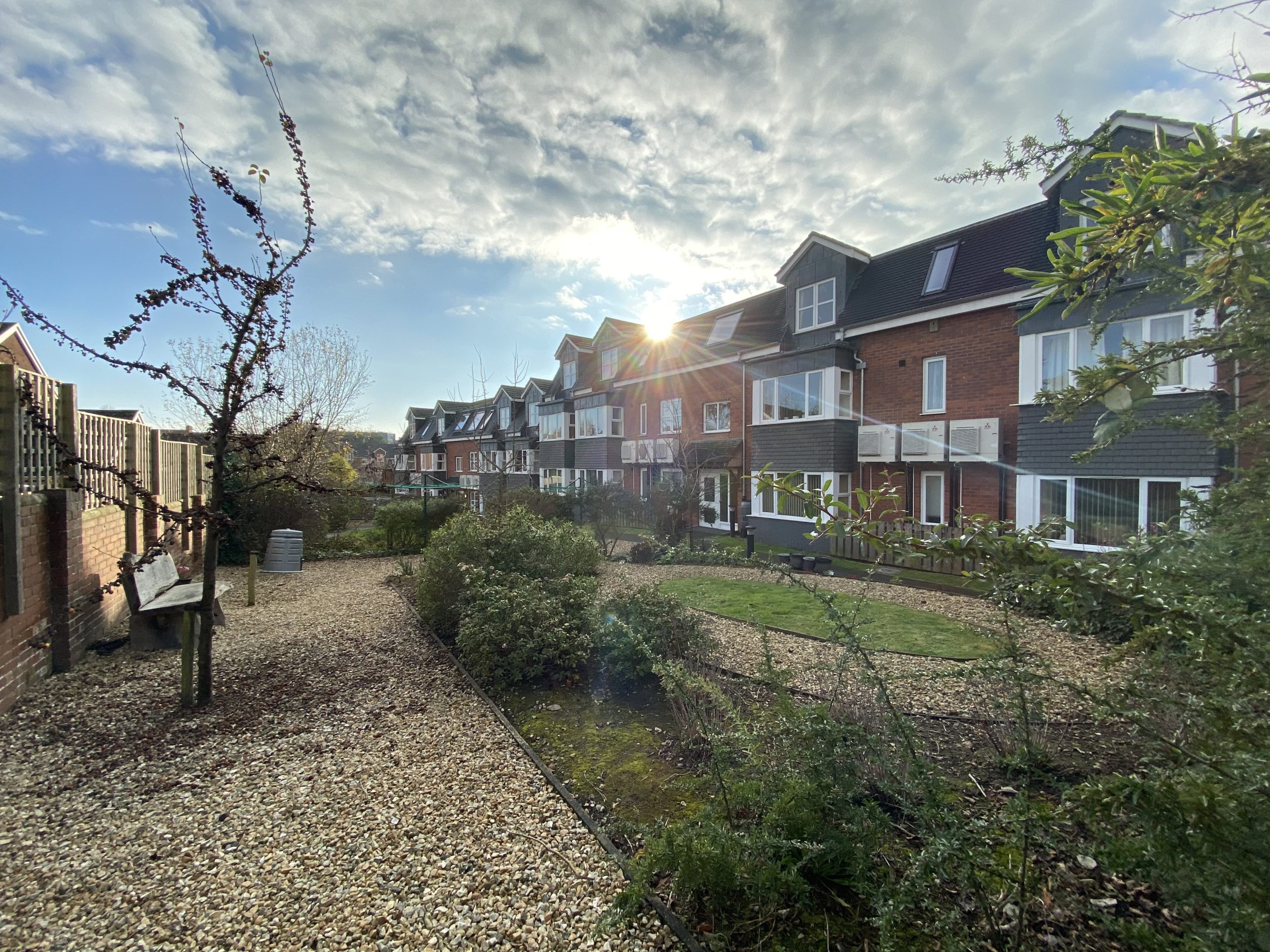St Bartholomew's Hospital
I thought it would be interesting to do an up to date blog of Newbury's numerous almshouses. So far as I am aware the town has the largest number of almshouses of any town in the country. Stamford would probably be the next highest. West Berkshire Museum published a book on The Almshouses of Newbury but it seems to be out of print. A useful Timeline of Newbury Almshouses derived from the book can be found on the website of a modern Almhouse charity, the Charity of Mrs Mable Luke founded in 1928.
But what are Almshouses? They grew out of religious foundations, often called hospitals, which provided for the poor, the sick and also pilgrims. After the Dissolution of the Monasteries in the 1530s, almshouses were established funded by well-to-do benefactors to provide housing for the poor and needy. There were often eligibility criteria: age, health, living in the locality (often for a specified time), former members of trades and industries. And almshouses were not all secular: many would have a chapel.
I started at St Bartholomew's Hospital in Argyle St. It is an almshouse originally founded in the 12th century, but whose current buildings date from 1698. It looks a little worse for wear and older photos show a clock above the stone plaque announcing its name.
Carrying on along Argyle St you come to the Essex Wynter Almshouses. Originally a farm, they became the Phillip Jemmet almshouses in 1670 (and his initials can be seen over the door) and were reconstructed by Dr Essex Winter (having become derelict) in 1926.
At the end of the road I turned left to pass the Upper Raymond Almshouses of 1826. They consist of a plain brick terrace, but with dramatically large
chimneys, gothick windows and a curious shallow stone arch stuck on to
the centre of the block. There are a couple of modern (1970) almshouses to the left, out of shot.
I turned right into Newtown Road for a few hundred yards to reach the Newbury Church and Almshouse Charity (described by Pevsner as Child's Almshouses). It is a pleasant U-shaped group dated 1879 and renovated in 1982.
I doubled back along Newtown Road to see the
very plain Lower Raymond Almshouses, bearing the date 1796. Another
range at right angles to this one was destroyed in by bombing 1943.
I carried on along Bartholomew Street to reach St Nicholas church and then cross the bridge and turning left down a narrow alley to Northcroft Lane where a splendid former almshouse can be found. There is a large white plaque over the doorway, but unfortunately it is almost impossible to read. It is just possible to read the foundation date: 1824.
Retracing your steps and turning right at the bridge brings you to West Mills. This area has several buildings which were once small Almshouses: the Hunt Almshouses at number 11 (1729, rebuilt 1817), Coxedd's Almshouses (1690) at number 15 and Pearce's Almshouses (1694) at number 18.
South of West Mills and off Kennet Road are Kimber's Almshouses (1939) very plain and built of chunky brick. They were originally founded in 1795 in Cheap Street.
I went along Kennet Road then Craven Road where some houses on the left had the classic almshouse appearance, albeit plainer and more modern. I can't find any reference to them in the Timeline of Newbury Almshouses.
The left into Rockingham Road to reach Enborne Road. Tucked away off to the right are the delightful Coxedd and Pearce's Almhouses. They are dated 1884 - although the beautiful sunflower motif might make you think they were a little later - and were built to replaced two of the small almshouses in New Mills referred to earlier. This is a bit out on a limb but you are still only 10 minutes from the station or 15 from the town centre going back along Enborne Road.
A footnote on the Charity of Mrs Mabel Luke: it is still involved in building new almshouses. A devlopment of flats has recently been completed in the centre of Newbury. It may lack the architectural features I so like, but it is wonderful that almshouse charities are still producing what we would now call social housing.







